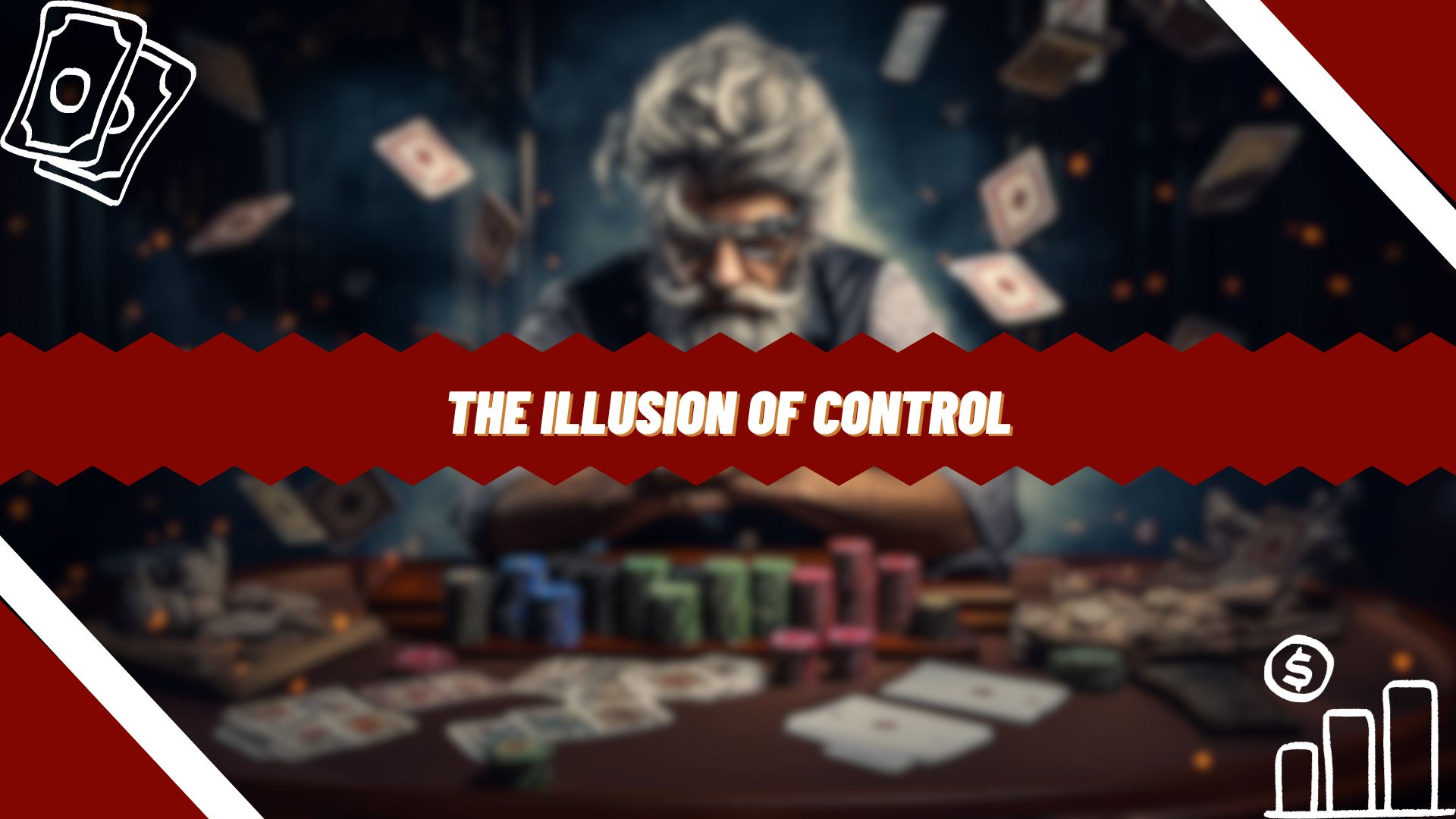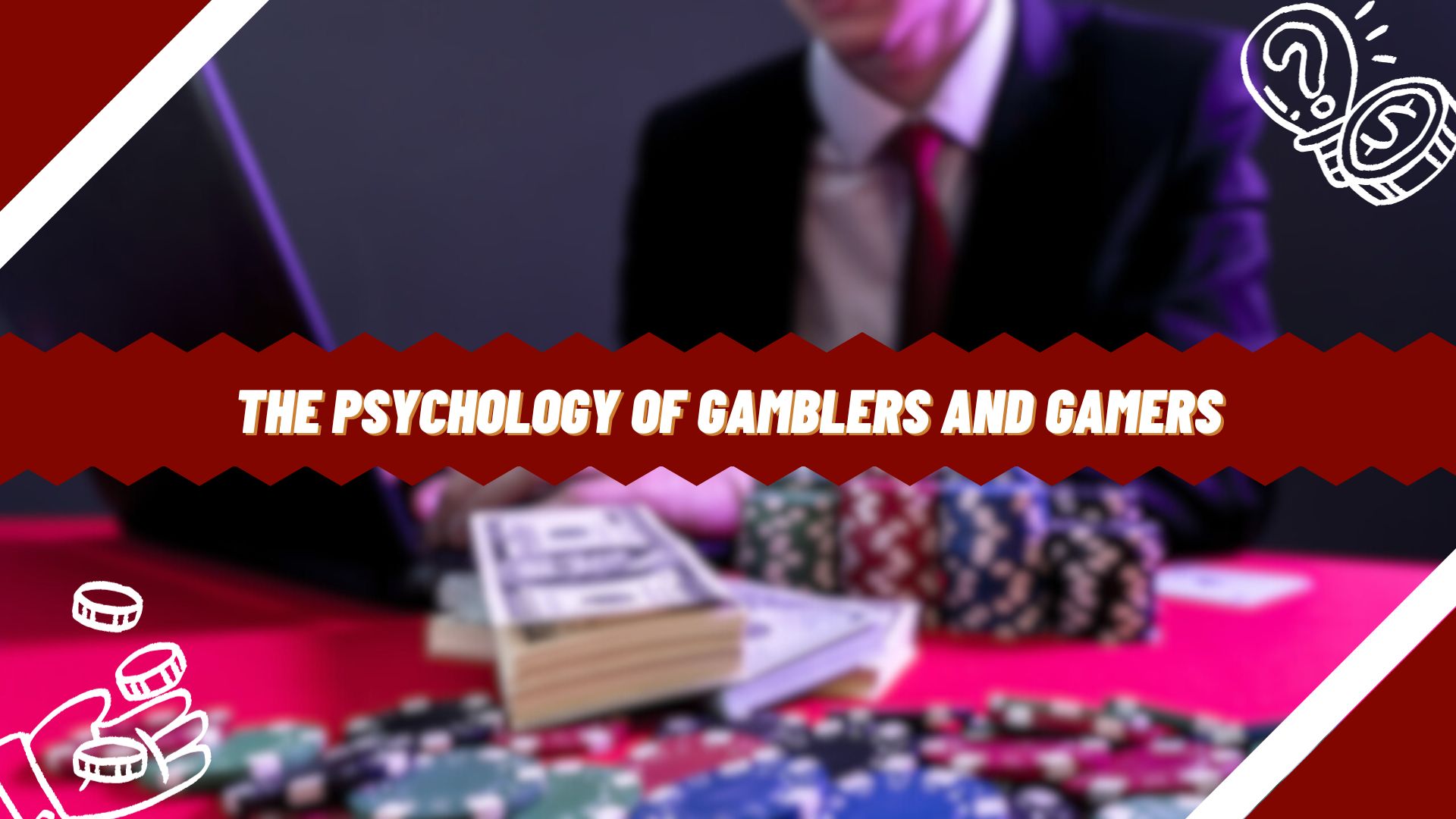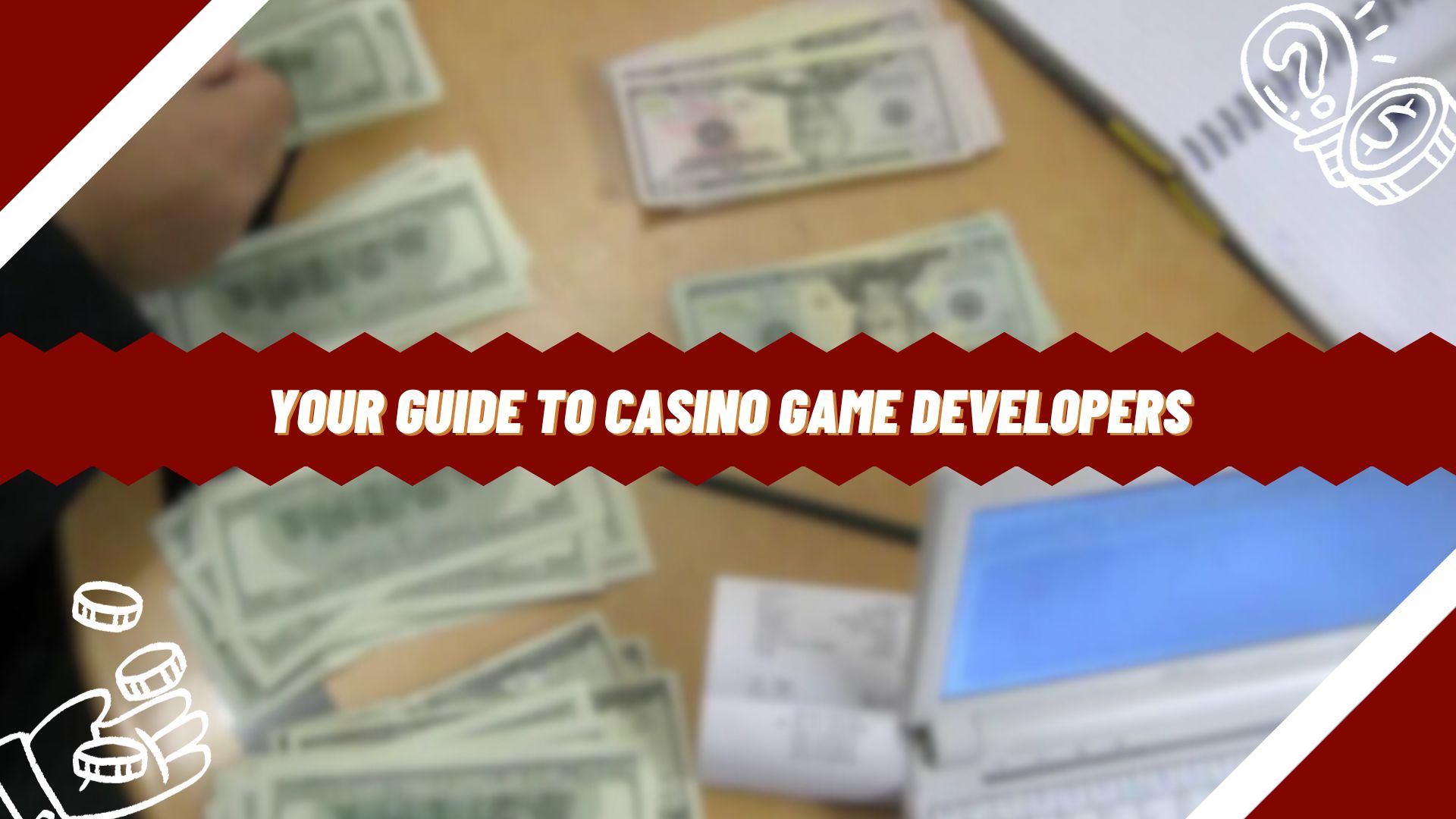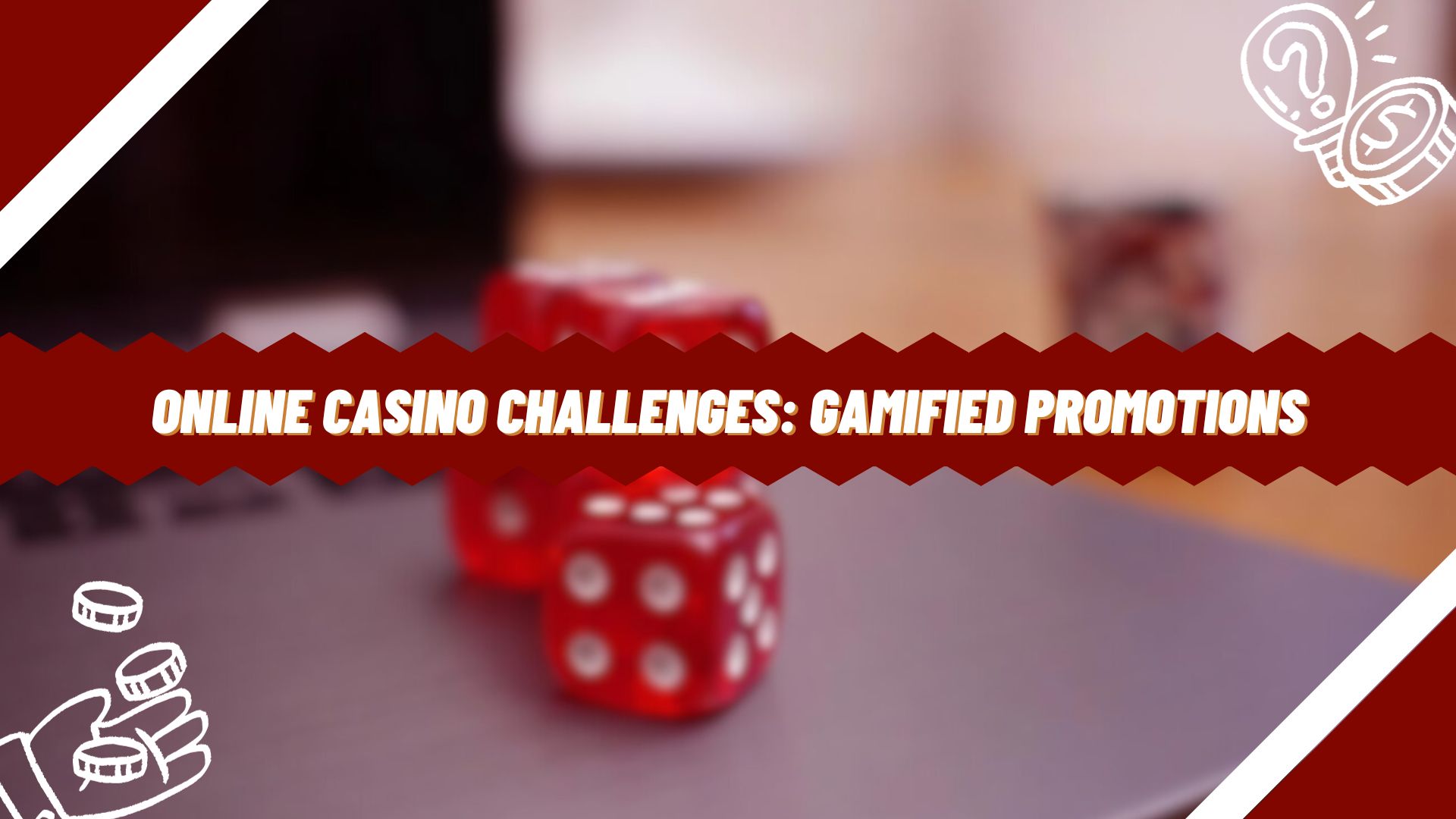This section explores the fundamental psychological dynamic at play in both gambling and gaming: the interplay between risk and reward. This dynamic is central to understanding why these activities are so engaging and potentially addictive.
Gambling and gaming are popular activities that offer a range of psychological experiences. This exploration delves into what drives people towards these activities.
Risk and Reward
The thrill of risk is a key driver for gamblers and gamers. This section explores how the possibility of winning affects the player’s psychology.
- Excitement of Uncertainty: Not knowing the outcome adds excitement;
- Brain’s Reward System: Winning triggers dopamine release, creating pleasure;
- Persistent Hope: Continuous play is often fueled by the hope of winning big.
The Challenge
Challenges are a major aspect of gaming and gambling. This section looks at why overcoming obstacles is satisfying.
- Sense of Achievement: Overcoming tough odds provides a feeling of success;
- Skill Development: Regular play enhances skills, adding to the sense of progress;
- Competitive Spirit: Competing against others or the game itself is motivating.
Social Connection
Many players are drawn to the communal aspects of gaming and gambling. This section explains the role of social interaction.
- Community Building: Sharing experiences and strategies fosters community;
- Social Competitiveness: Playing against others enhances enjoyment;
- Networking: These platforms provide opportunities for making new connections.
Escape and Relaxation
Gaming and gambling offer a way to unwind. This section discusses their role in stress relief.
- Distraction from Stress: Engaging in these activities diverts attention from daily pressures;
- Immersive Experience: The absorbing nature of games helps in mental relaxation;
- Routine Unwinding: Regular play becomes a comforting routine for relaxation.
The Illusion of Control

The perception of control is a powerful aspect of gambling and gaming psychology. This section looks at how this illusion or reality influences behavior.
- Perceived Influence: Gamblers often believe they can affect the outcome;
- Actual Control in Gaming: Gamers exercise control within their digital worlds;
- Empowerment: Feeling in control, whether real or not, is psychologically satisfying.
Read our article about Online Casino Challenges.
The Habit Factor
Regular engagement in gaming and gambling can develop into a habit. This section examines how this habit formation happens.
- Routine Comfort: The regularity of playing can become a comforting habit;
- Trigger and Reward Cycle: Habitual play is often driven by a cycle of triggers and rewards;
- Behavioral Reinforcement: Continued play reinforces the habit, making it harder to break.
In summary, the psychology of gamblers and gamers is multifaceted, involving the interplay of risk, challenge, social dynamics, the need for escape, the illusion of control, and habit formation. Understanding these aspects helps in comprehending the appeal of these activities.
The Psychological Impact of Gaming
In today’s digital age, gaming has become a prevalent form of entertainment with significant psychological implications. This overview aims to provide a concise understanding of how gaming affects the mind, highlighting key areas of impact.
- Cognitive Skill Enhancement: Games often improve problem-solving abilities, spatial awareness, and strategic thinking;
- Emotional and Behavioral Influence: Gaming evokes a spectrum of emotions, from excitement to frustration, influencing emotional management skills;
- Social Interaction and Community: Multiplayer and online games foster social connections, community engagement, and shared experiences;
- Escapism and Imagination: Gaming offers an escape from reality, providing stress relief and a break from personal issues;
- Addiction and Mental Health Risks: There’s a potential for addictive behaviors in gaming, contributing to compulsive use;
- Promoting Healthy Gaming Habits: Balancing gaming with other life activities is crucial for mental well-being.



